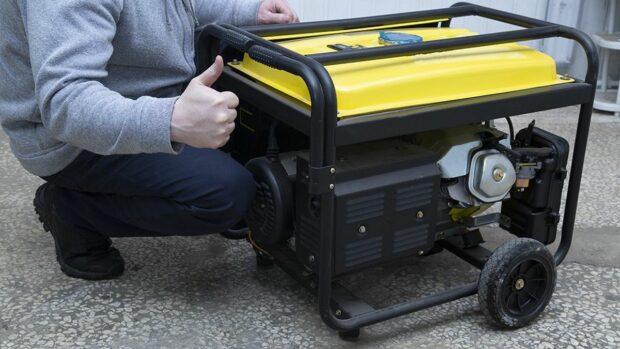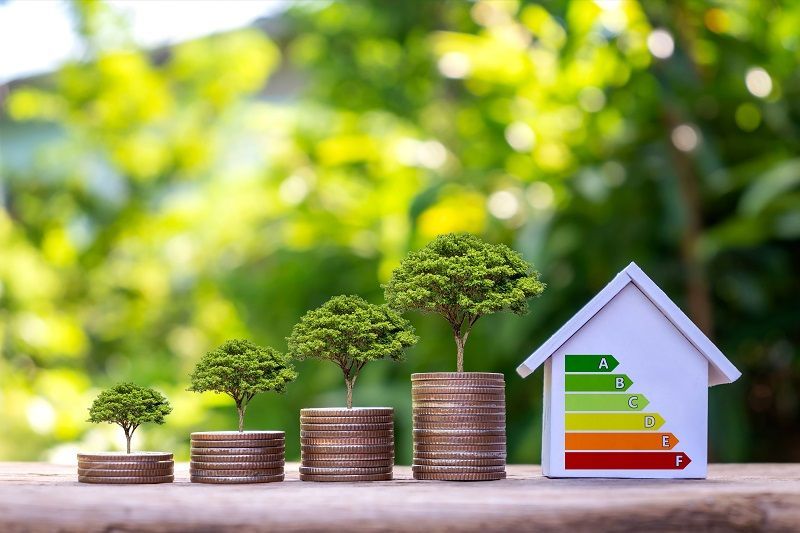
Power generators are alternative sources of electricity that convert energy to electricity.
Generators are categorized depending on the type of fuel source and the functionality.
Depending on the fuel source, electric generators can be categorized into; diesel fueled, gasoline fueled, natural gas generators, hydrogen and solar generators.
On the functionality, generators can be categorized into three, portable generators, Standby and inverter generators.
In case you’re thinking about getting a power generator this article is for you. I shall share the pros and cons of having a generator.
The pros:
- Save money
Wholesale energy market has raised the prices for buying gas and electricity. Energy suppliers in the UK have subsequently increased the cost of supplying electricity.
Almost everybody is looking for affordable ways to save energy at home to reduce electricity bills by considering having a power generator.
The cost of electricity in UK homes as of 2021 ranges from £66 to £137 per month which is very high. To cut down costs it is better to have a power generator.
- Heating
It is almost winter and it is during this season that electric bills tend to go higher. According to statistics, heating bills go up by about 30% to 50%.
In 2021 electricity bill is expected to have a surge of over £110 a year.
Of course, not all generators can generate enough power to heat a home.
Larger generators have more power which can be enough to heat a home and supplement air conditioning.
Your generator of choice for heating should have higher running and starting wattage than your heating system.
Countercheck with your electrician or dealer before making any decision to buy a power generator.
- Emergency
Having a power generator will benefit you in times of emergencies.
The most common types of emergencies that may occur at home include power interruptions, power outages during storms.
Having a power generator will sustain your home for the period of the outage, especially when it’s winter and you need heat to warm your house.
- Low operational cost
The only time a power generator is going to be expensive is at first instance purchase.
First instance purchase of a generator should be on the best value possible, do not go for something cheaper at the cost of quality.
Good quality generators also mean a lower cost of operations (in terms of maintenance).
You won’t have to conduct regular repairs and checks when you are guaranteed good quality.
- Increases home value
Selling a home that comes ready with backup power generators increases the value of a home to the extent of the value of the generator (or more)
You may consider remodelling your home by adding a backup generator which will increase your home insurance value.
Cons
- Noise
The biggest disadvantage of having a power generator is noise emission.
On average, the noise released by a power generator is 80 dB -90 dB which is louder than a vacuum cleaner (75dB) and high as a subway (90-95 dB).
The extreme level of power generator noise is something you ought to consider before purchasing a generator.
It is a better option to buy a less noisy generator, or have your generator as far as possible from your house (not so far as to cause a nuisance to your neighbours), or to only use it for emergencies.
- Not sustainable
Gas fuelled generators are the most efficient types of generators.
Diesel and propane-fueled generators will cost you a lot more and they are not sustainable options.
The UK is very serious about its sustainability regulations and less sustainable are not advised.
Exercise extra care when deciding what power generator option to go for, for you to save money in the long run.
- Fumes
The main cause of generator unsustainability is the dangerous fumes it exhausts.
Power generators emit high levels of carbon monoxide.
Carbon monoxide is very dangerous to human health and high build-up eventually causes death.
That is why all generator houses are kept outside the house.
- Maintenance
Maintaining a power generator is one factor to keep in mind. It is not as simple as it may seem.
Generator failures are more common and they require certain skills to repair and service.
To keep yourself from having to incur huge maintenance costs, purchase a good quality generator.
Avoid buying second hand or unbranded generators with no quality control receipts.
Conclusion
It all comes down to weigh your options. Power generators are good when you want power backup but they are not recommended for heavy daily use.

:max_bytes(150000):strip_icc()/__opt__aboutcom__coeus__resources__content_migration__mnn__images__2018__03__shutterstock_1051823762-0b00dcf9cd99473cabaff5546d745b0a.jpg)


